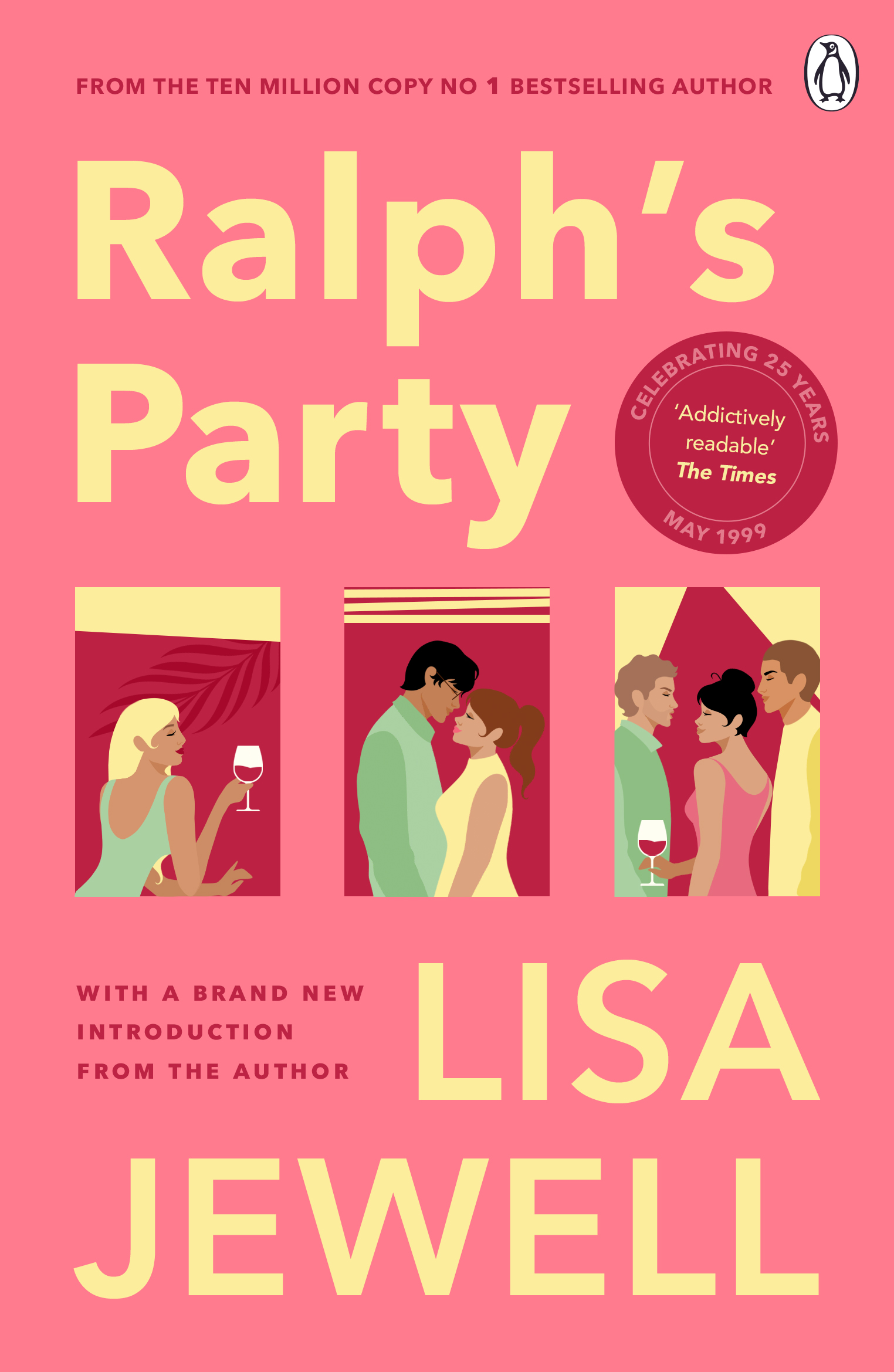Lessons in Chemistry

As seen:
By Bonnie Garmus
avg rating
1 review
THE NEW YORK TIMES AND SUNDAY TIMES BESTSELLER, WITH OVER 6 MILLION COPIES SOLD
Now a major Apple TV series starring Brie Larson
‘The most charming, life-enhancing novel I’ve read in ages’ Sunday Times
‘Thought-provoking and stylish’ Guardian
___________
Your ability to change everything – including yourself – starts here
Chemist Elizabeth Zott is not your average woman. In fact, she would be the first to point out that there is no such thing.
But it’s the early 1960s and her all-male team at Hastings Research Institute take a very unscientific view of equality.
Forced to leave her job at the institute, she soon finds herself the reluctant star of America’s most beloved cooking show, Supper at Six.
But as her following grows, not everyone is happy. Because as it turns out, Elizabeth Zott isn’t just teaching women to cook.
She’s daring them to change the status quo. One molecule at a time.
__________
A Book of the Year for:
Guardian, Times, Sunday Times, New York Times, Good Housekeeping, Woman & Home, Stylist, TLS Oprah Daily, Newsweek, Mail on Sunday, Entertainment Weekly, NPR, India Knight, Hay Festival, Waterstones, Amazon, Books are My Bag and many more
Winner of the Goodreads Choice Best Debut Novel Award
Author of the Year at the British Book Awards
As read on BBC Radio Four
A BBC TV ‘Between the Covers’ pick
Hay Festival Book of the Year
Winner of the Books are My Bag Reader’s Choice Award
Winner of the Books are My Bag Breakthrough Author Award
Shortlisted for the HWA Crown Award
‘I loved Lessons in Chemistry and am devastated to have finished it!’ Nigella Lawson
‘Laugh-out-loud funny and brimming with life, generosity and courage’ Rachel Joyce
‘Witty and sometimes hilarious … the Catch-22 of early feminism’ Stephen King
Reviews
Whitley Bay Book Group discussed Lessons in Chemistry in April 2024
We were so disappointed in this book, as it had so much good publicity and so many of our friends and other book groups we know loved it.
The main character Elizabeth is a talented chemist in 1960s California, who is frozen out of her profession because of sexual discrimination, and goes on to success with a cookery programme on television, by means of which she introduces the women of America to science and feminism.
Unfortunately, we found the characters one-dimensional and stereotyped, the plot relied too much on coincidence, and anachronisms abounded.
Elizabeth is a scientist, hence socially awkward, and beautiful, although unaware of it. Almost all of the male characters are idiots and misogynists, and all of the religious people are stupid and probably paedophiles. We found Elizabeth’s daughter and her dog implausible; some of us thought the dog was the best part of the book and got the best lines, but others of us found him just annoying.
Elizabeth’s views are anachronistic – we thought she gave the impression of having been dropped into the 1960s with 21st century views on women and science, which she proceeded to lecture everyone with in an unsubtle and patronising way. Her grasp of science and history is shaky – DNA profiling wasn’t available in the 1960s, and Sweden did not have its progressive childcare system until later.
Neither the author nor the characters seemed aware of the hugely successful and influential female TV personalities Julia Child and Lucille Ball, or of any real female scientists and mathematicians such as Katherine Johnson, Dorothy Vaughan and Mary Jackson whose work at NASA during the Space Race is celebrated in the film Hidden Figures.
On the plus side, the book was an easy and entertaining read if you suspended your incredulity. It was witty and quite a page turner. However we felt that the discussion of the serious issues of sexual assault, child abuse and misogyny sat awkwardly in such a lightweight book. It may be that we were taking it too seriously and overthinking it, but most of us thought it would have worked better as a piece of light and at times humorous fiction, leaving out the attempts to address serious issues.
There are good books out there which use fiction to explore the changing role of women in science but this is not one of them. The solution to discrimination in the workplace is not inherited wealth and a talking dog.
We awarded the book between 1 and 3.5 stars, with an average of 2. One of us tried to award it minus five points.






